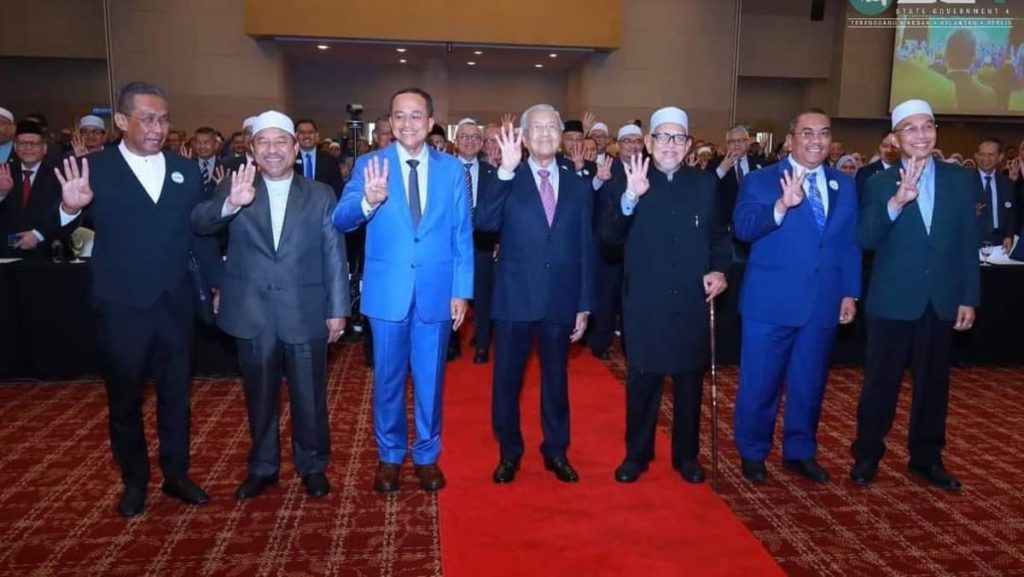The SG4 grouping, comprising the opposition-controlled state governments of Kelantan, Terengganu, Kedah, and Perlis, recently announced the formation of a company to share revenue equally. The states feel they have been sidelined by the federal government in terms of allocations and infrastructure projects due to their political alignment. Kelantan, Perlis, and Kedah have some of the lowest gross domestic product per capita among Malaysia’s 13 states, and Terengganu ranks ninth. The company aims to tap into the states’ rare earth deposits, which are essential in the production of high-tech products like smartphones, semiconductor chips, and electric vehicles.
Advised by former prime minister Mahathir Mohamad, the SG4 Group is focusing on ensuring efficient management to ensure economic benefits from natural resources can be shared with the people. However, UMNO Supreme Council member Dr. Puad raised concerns about potential issues with manpower, assets, and shares if power changes hands in the opposition states. Dr. Puad suggested that BN could reclaim Terengganu, Kedah, and Perlis. Dr. Puad criticized SG4’s revenue-sharing goal, suggesting that the company is politically motivated rather than for business purposes.
Mr. Sanusi, responding to Dr. Puad’s comments, highlighted that BN has minimal representation in Kelantan and no seats in Kedah, Terengganu, and Perlis. He expressed confidence in PN expanding its state administration in the upcoming elections to secure other states. PN’s chief whip, Mr. Takiyuddin Hassan, emphasized that SG4’s company structure allows shareholders to exit if they no longer wish to remain with the company. He also mentioned that other states could join the company if interested, leaving the door open for further collaboration.
The SG4 company is set to focus on five economic clusters, with each state holding a 25 percent equity stake. These clusters include economy and industry, green technology, infrastructure and logistics, trade and investment, agriculture and food security, as well as education and human capital. Deputy Prime Minister Ahmad Zahid stressed the importance of ensuring that rare earth element (REE) mining activities comply with national regulations and ecosystem in the SG4 states. Despite a drop in REE prices due to stockpiling by certain countries, there is still potential in the market, and the states must adhere to federal regulations.
Ahmad Zahid commended the SG4 states for forming a company to manage REE mining activities, highlighting the need to abide by federal taxation and ecosystem regulations. The SG4 company’s establishment reflects the states’ efforts to optimize their resources and contribute to economic growth through strategic partnerships. As the states navigate political dynamics and ensure the equitable distribution of wealth, they must also prioritize sustainable practices to protect the environment and support long-term development goals. Through collaboration and effective governance, the SG4 states aim to leverage their natural resources and foster economic prosperity for their residents.















